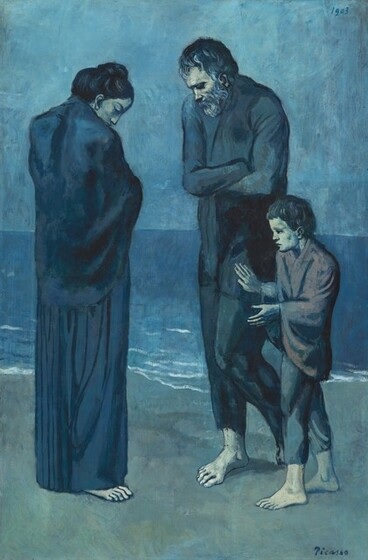By now, everyone knows blue light at night is bad for you.
Of course, we still all bask in it, but Psychiatric Times has an amazing interview between editor Chris Aiken, MD and Kellie L. Newsome, PMH-NP.
It’s a short read, but full of solid research on blue light’s effect on bipolar disorder and unipolar depressive disorder.
It all has to do with the circadian rhythm.
The effect can be both causal and reinforcing, so much to the extent that Newsome says our biological clock is “so integral to bipolar disorder that you could almost rename it fragile circadian rhythm disorder.”
Read the interview for all the studies, but here are a few takeaways.
First, say no to blue light at night. If you don’t believe me, read the article. It’s more persuasive than my sentence.
Second, say no to ambient lighting when you sleep. In other words, sleep in the dark-dark.
Ambient lighting (as cool as it is) suppresses melatonin while we sleep, and in animal studies, Aiken says it “causes depression, impedes learning and has detrimental effects on the brain. It lowers BDNF and shortens the dendritic spines that are essential for learning and cognition.”
I have a big-time family history of dementia and you might, as well.
So besides learning another language or learning how to dance or using something like BrainHQ (which I use), maybe add shutting off that cool ambient lighting and managing blue light exposure to your Dementia-War list.
Third, if you’ve got a little one, this sentence blew me away:
“When mice are exposed to nocturnal dim light as infants, they grow up to have more anxiety as adults.”
Of course there might be very good reasons to have night lights for them (SAFETY, so don’t ditch it just because of the mouse study), but it just goes to show how profound lighting can affect our mood.
There’s a lot more interesting stuff in the interview, and thankfully, there’s a transcript which I always find helpful.
[Painting: The Tragedy, Picasso, from his blue period. Tried to make it relevant, plus it’s amazing]

